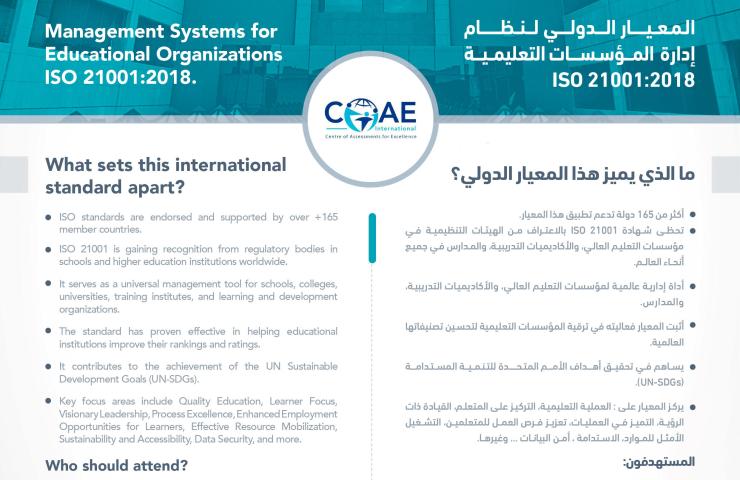
Impact Rankings 2023
Al Maarefa University (UM) is a private establishment of higher education, designed to fulfill a recognized public function, by meeting clearly identified needs in important domains for national development. Besides that, UM adopts an innovative approach to teaching and learning, by making intensive use of cutting-edge educational technologies. It attracts students from a broadly targeted clientele, namely high school graduates (both male and female) from the Riyadh region, from other regions of Saudi Arabia and from the GCC states. It is also envisioned to attract expatriates’ sons and daughters who wish to pursue college studies. Also, UM attracts Diploma graduates from various health specialties through a bridging program.
Since its establishment (1999), UM has admitted 8500 students and graduated 2400students as of 2021/2022 academic year.
![]()
UM is devoted to the United Nations’ Sustainable Development Goals (SDGs) through restructuring the institution, effectively manage, and mobilize institutional resources to foster the spirit of innovative teaching and learning, research initiatives, national and international partnership. UM shall strength internal and external sources of resource mobilization through private, national, international agencies and explore any other means of financial support to finance academic and research activities at the national and international levels. UM comprises of three colleges (College of Applied Sciences, College of Medicine and College of Pharmacy). UM shall encourage teamwork approach to obtain credible information from the colleges’ councils and departmental committees, and setup a clearly defined channel of communication between the male and female sections. It launches community outreach campaigns to reach all the stakeholders served by the UM. There shall be a sustainability department reasonable for identifying the SDGs assigned to each college, program, course, and other sectors related to the UM. The aim is to enhance national and international partnership for sustainable development, complemented by multi-stakeholder partnership that encourage and share knowledge and experiences, expertise, technology and financial resources, eventually implement the SDGs based on innovation capacity-building strategy.

The Times Higher Education Impact Rankings
Impact Rankings 2023
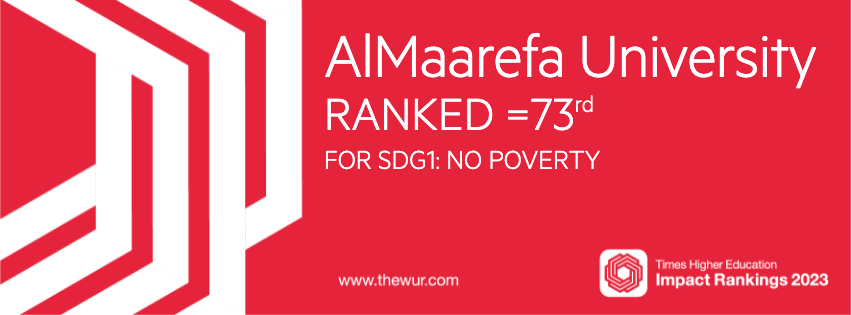
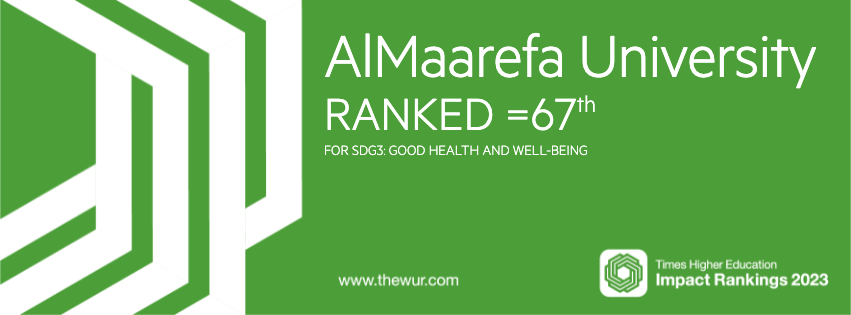
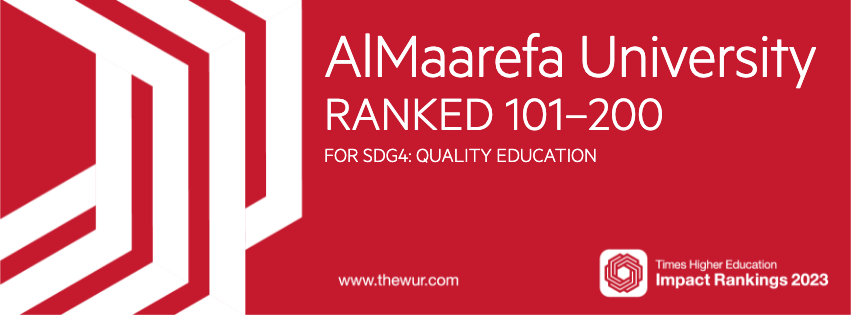

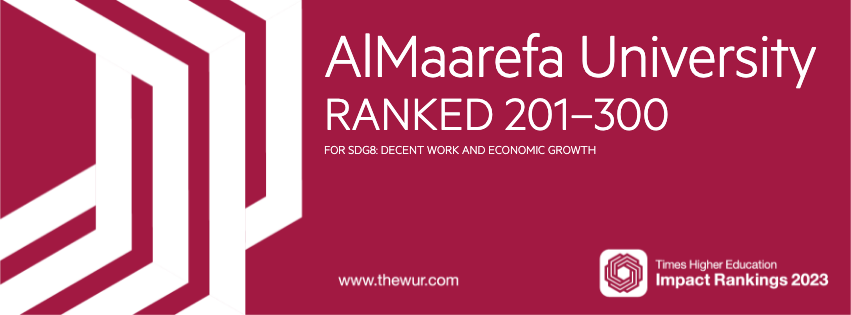
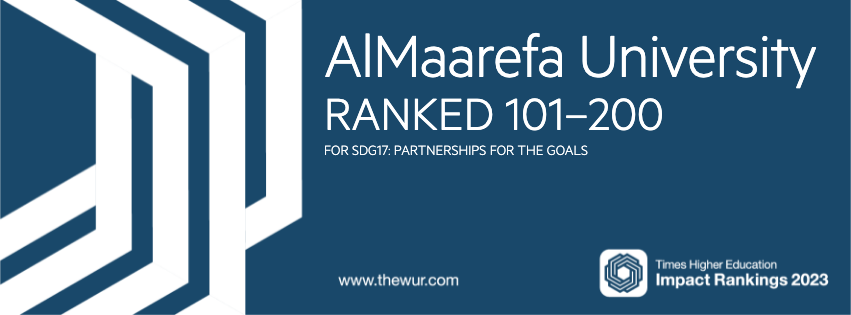
Digitalisation has become inevitable for the successful achievement of Sustainable Development Goals. The advancement of information and communication technologies, the improvement of medical technology, new approaches to streamline the educational system, and the provision of equitable access to services and increased efficiency and well-being of the population served, have all made digital transformation an alternative and strategic way to achieve SDGs.
Delivery of high-quality goods and services in healthcare, education, finance, commerce, governance, agriculture, and other vital areas has been made possible through the introduction and development of smart systems. These systems can help to reduce poverty and hunger, boost health, create new jobs, help mitigate climate change, improve energy efficiency, and make cities and communities more sustainable. In this regard, the interplay between digitalisation and sustainability creates bright opportunities for shaping a better economy and society, providing the way toward the SDGs.
Digitalisation to achieve SDGs Presentation of the event

 Almaarefa University
Almaarefa University